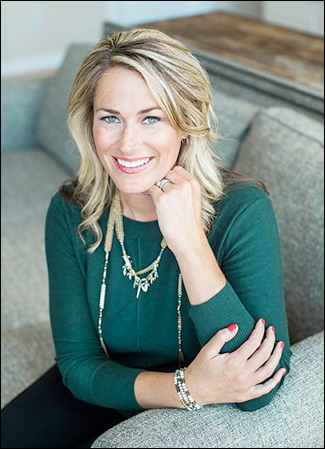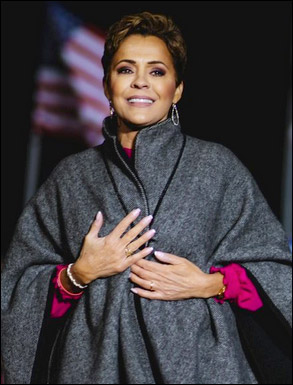By Jim Ellis — Thursday, March 23, 2023
Senate
Michigan: State School Board President Considers Senate — Michigan School Board President Pamela Pugh (D), who has won two statewide elections to the state school board, a post that features eight-year terms, says she is considering entering the Democratic primary for US Senate.At this point, Rep. Elissa Slotkin (D-Lansing) is unopposed for the party nomination, but Pugh says she is concerned with the lack of African American representation throughout the state. Even the congressional delegation has no black Democrats despite the two Detroit-anchored congressional seats featuring plurality African American populations. The only black in the congressional delegation, freshman Rep. John James, is a Republican.
Washington: Sen. Cantwell (D) Cruising in New Poll — Public Policy Polling, the regular survey research firm for the Northwest Progressive Institute, released their latest Washington statewide study (March 7-8; 874 registered Washington voters; live interview & text) and tested the 2024 Senate race featuring four-term incumbent Maria Cantwell (D). Paired with former Rep. Jaime Herrera Beutler (R), who is reportedly considering the challenge, PPP finds Sen. Cantwell holding a comfortable 50-35 percent advantage.
The 2022 Washington Senate race was billed as a competitive contest between Sen. Patty Murray (D) and Republican Tiffany Smiley, but ended in a 57-43 percent result. Since Republicans have a target-rich Senate cycle in 2024, it is doubtful the party will invest any serious resources toward a Cantwell challenge.
Wisconsin: Ex-Gov. Walker Says No — While Republicans are searching for a candidate to challenge two-term Sen. Tammy Baldwin (D) in a race that could become competitive, one prominent Republican closed the door on a candidacy. Former two-term Gov. Scott Walker (R), who twice was elected governor but was defeated for a third term after not faring well in the 2016 presidential race, says he will not run for the Senate next year. The two potential GOP candidates most talked about are Walker’s former lieutenant governor, Rebecca Kleefisch, and businessman Scott Mayer.
House
MI-7: Mayor Won’t Run — Recently, Lansing Mayor Andy Schor (D) launched a congressional exploratory committee since Rep. Elissa Slotkin (D-Lansing) will vacate the 7th Congressional District seat in order to run for the state’s open Senate seat. Typically, filing such a committee is the first step to announcing a candidacy, but in this case the opposite has occurred. Clearly, Mayor Schor did not find the results for which he had hoped, and announced Monday that he would not be a candidate for the 2024 open seat.
No one has yet announced for the 7th District. It is presumed that 2022 Republican candidate Tom Barrett, now a former state senator, will again make a run for the seat. He lost 51-46 percent to Rep. Slotkin last November.
RI-1: Second Special Election Candidate Announces — Though Rhode Island Rep. David Cicilline (D-Providence) will not resign from the House until June 1 to accept a position running a large Rhode Island non-profit organization, two Democratic candidates wanting to succeed him in Congress have now announced for the impending special election. Last week, Lt. Gov. Sabina Matos (D) declared her candidacy, and now state Sen. Sandra Cano (D-Pawtucket) has followed suit.
Once Rep. Cicilline officially resigns, Gov. Dan McKee (D) will then schedule a special election to fill the seat for the balance of the current term. The special election will be decided in the Democratic primary in a safe seat that the FiveThirtyEight data organization rates as D+32.







